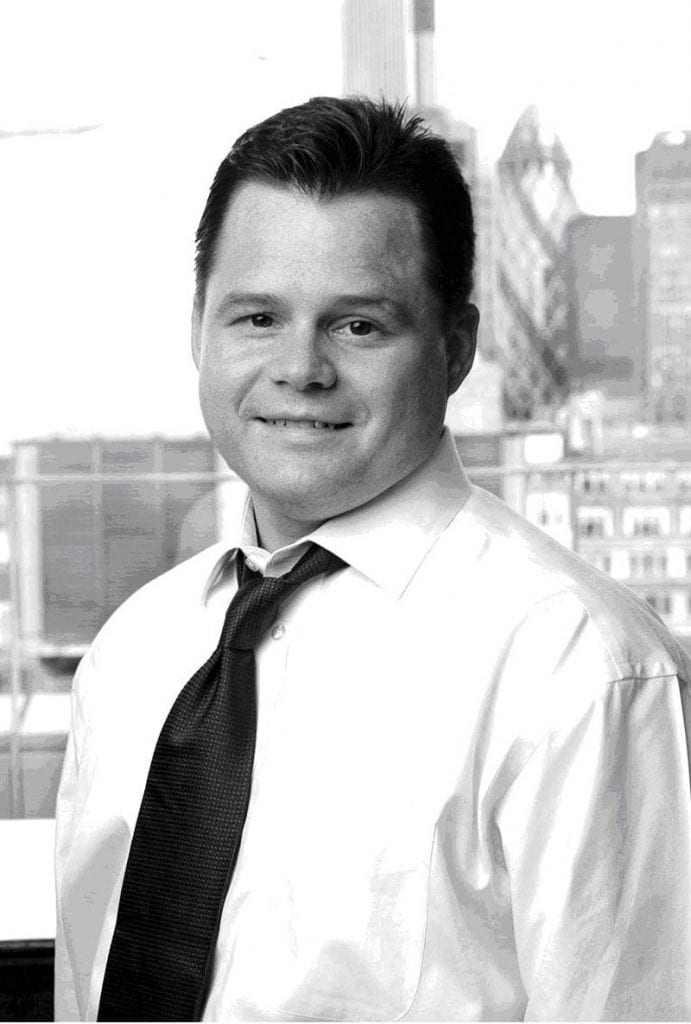
Vapor companies are vying to get their product prescribed by the U.K. National Health Service after the Medicines and Healthcare products Regulatory Agency last month encouraged companies to apply for a medical license, reports The Financial Times.
Companies preparing applications include U.S.-based NJOY, DSL Group, which owns Nottingham-based Multivape, Yatzz of Ireland and Leeds-based Superdragon, whose director David Xiu described the potential market as “much more than a multimillion-pound” opportunity.
The e-cigarette market is worth more than £2 billion ($2.66 billion) in the U.K., according to Euromonitor, much more than in other European countries.
As of yet, none of the leading tobacco companies have launched medicinal-use applications for the vapor brands.
Imperial Brands, the U.K. owner of Blu e-cigarettes, said it was “carefully studying the new guidance.” Japan Tobacco International said it had “not made any decisions regarding licenses” for its Logic brand of vapes. Juul Labs said it had “nothing to announce at this time.”
British American Tobacco, which owns Vuse, declined to comment.
BAT-backed nicotine inhaler Voke received U.K. medical approval in 2014, but was scrapped after financing and manufacturing difficulties.

The medical device will be locked down to a significant degree, with changes only possible infrequently and after jumping through a lot of hoops.
Erik Bloomquist
Tobacco analyst Erik Bloomquist said companies may prefer commercial routes due to the length of the approval process. Licensing could take several years, during which time products can become out of date.
“The medical device will be locked down to a significant degree, with changes only possible infrequently and after jumping through a lot of hoops,” he said.
Compliance costs could also be prohibitive for smaller groups. Chris Allen, chief scientific officer at consultancy Broughton, said clinical trials, marketing and compliance costs could amount to as much as £3 million to £5 million for a single product. This means that “only a handful of companies would look at this path,” he said in a statement.











